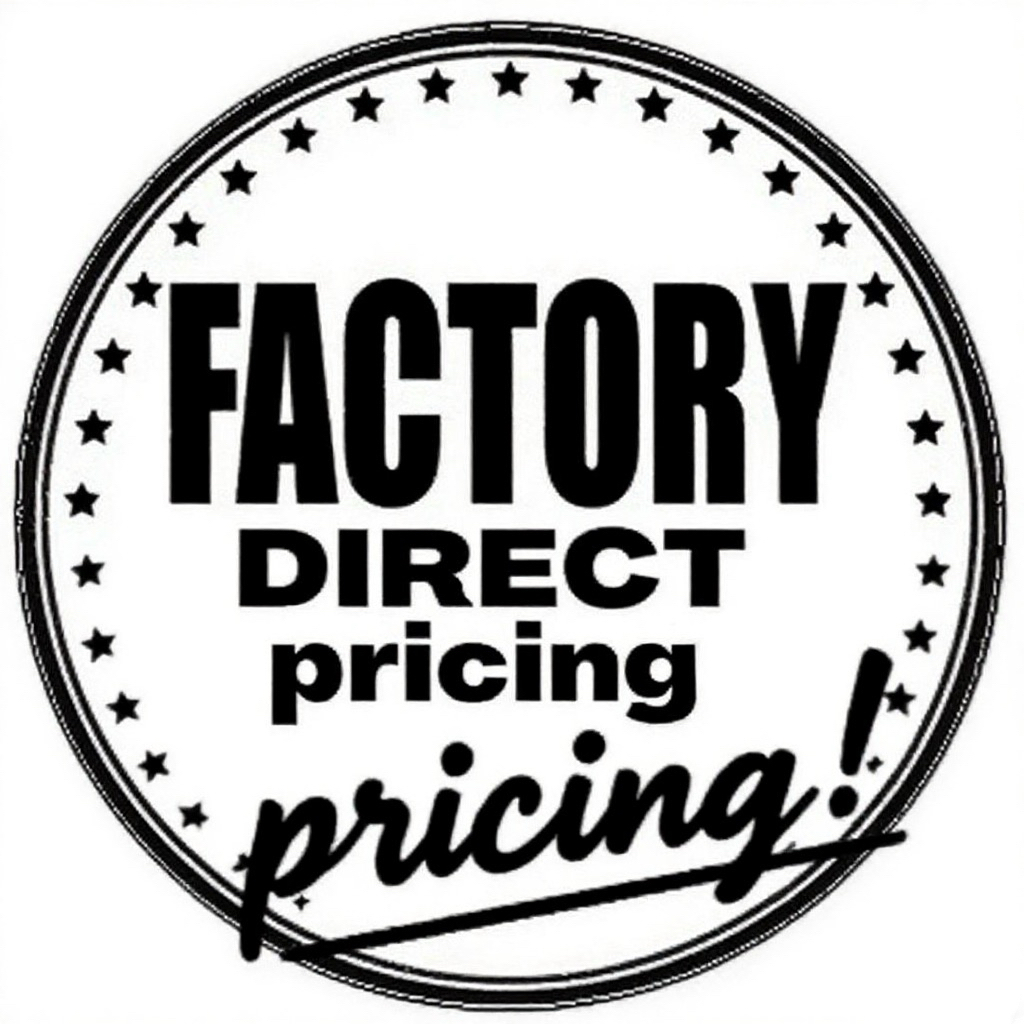How Do You Choose the Right Undergarment Supplier for Your B2B Needs?
Are you worried about picking the wrong supplier? A bad partnership can lead to poor quality products, missed deadlines, and a damaged brand reputation, wasting all your hard work.
To choose the right supplier, you must evaluate their real production capabilities, verify their certifications like OEKO-TEX®, and test their samples thoroughly. A great partner offers consistent quality, reliability, and customization, not just the lowest initial price.

Choosing a supplier is the most important decision you will make for your brand. In my 20+ years running Xiesheng, I've seen that this single choice directly impacts your profit, your brand image, and your customers' happiness. I've worked with brand owners and buyers like Mark from Canada, who know that reliability is just as important as cost. They know that a cheap price means nothing if the shipment is late or the quality is poor. Your supplier is your silent partner. Let's look at how to choose a great one.
From Quality Checks to Lead Times: What Must Every Wholesale Buyer Consider?
Did you approve a perfect sample, only for the bulk order to be late and full of defects? This is a buyer's worst nightmare, ruining your launch and destroying your budget.
Buyers must carefully examine a supplier's quality control (QC) process, from fabric inspection to final packing. You must also get written confirmation of production lead times and understand their real capacity to avoid unexpected delays that will make you miss a key selling season.
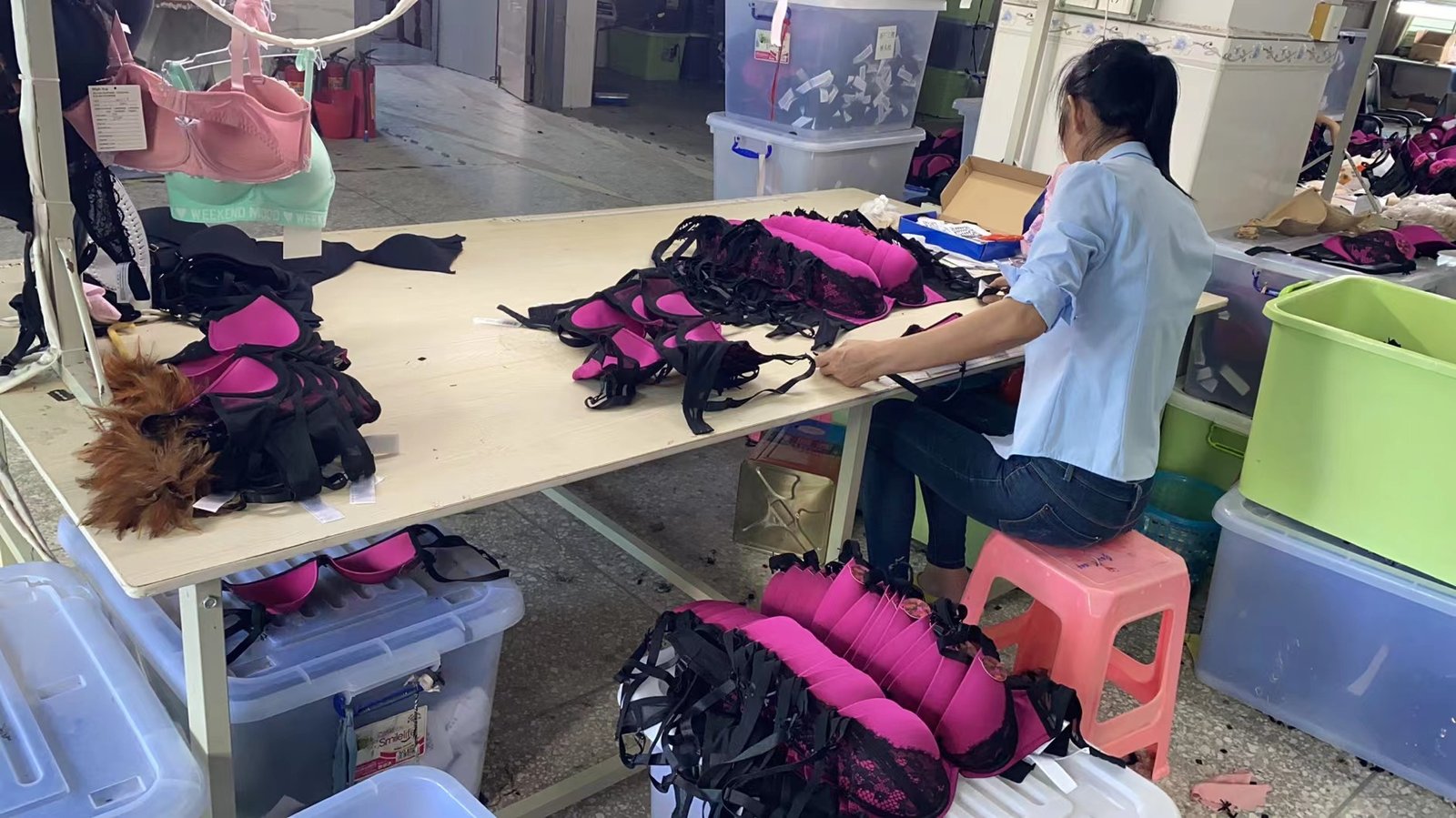
When you partner with a manufacturer, you are trusting them with your brand's reputation. The two most critical areas to investigate are their quality control system and their ability to deliver on time. At my factory, quality is not a single check at the end. It's a process. We inspect fabrics when they arrive. We have inline inspectors who check the garments during the sewing process. And we have a final inspection team that checks every detail before packing. This commitment is proven by our certifications. A promise is good, but a verifiable process is better. For lead times, you need an honest conversation. A good supplier will give you a realistic schedule. Our sampling takes 7-10 days, but bulk production depends on fabric availability and complexity. Ask potential suppliers about their production capacity to ensure your order won't be pushed aside for a bigger client.
| Factor | A Poor Supplier Does This | A Great Supplier Does This |
|---|---|---|
| Quality Control | Checks only the final product | Has multiple inspection points during production |
| Lead Times | Promises an unrealistic date to win the order | Provides a realistic timeline and communicates delays |
| Capacity | Over-promises and gets overwhelmed | Clearly states their capacity and plans production |
How Can You Avoid Costly Mistakes When Partnering with Lingerie Manufacturers?
Did you find a supplier with an unbelievably low price? Hidden costs, fake certificates, and poor communication can quickly turn that great deal into a costly disaster.
You can avoid mistakes by never skipping the sample testing stage and always verifying certifications independently. Prioritize clear, responsive communication. A supplier who is slow before you pay will only become slower once production starts.
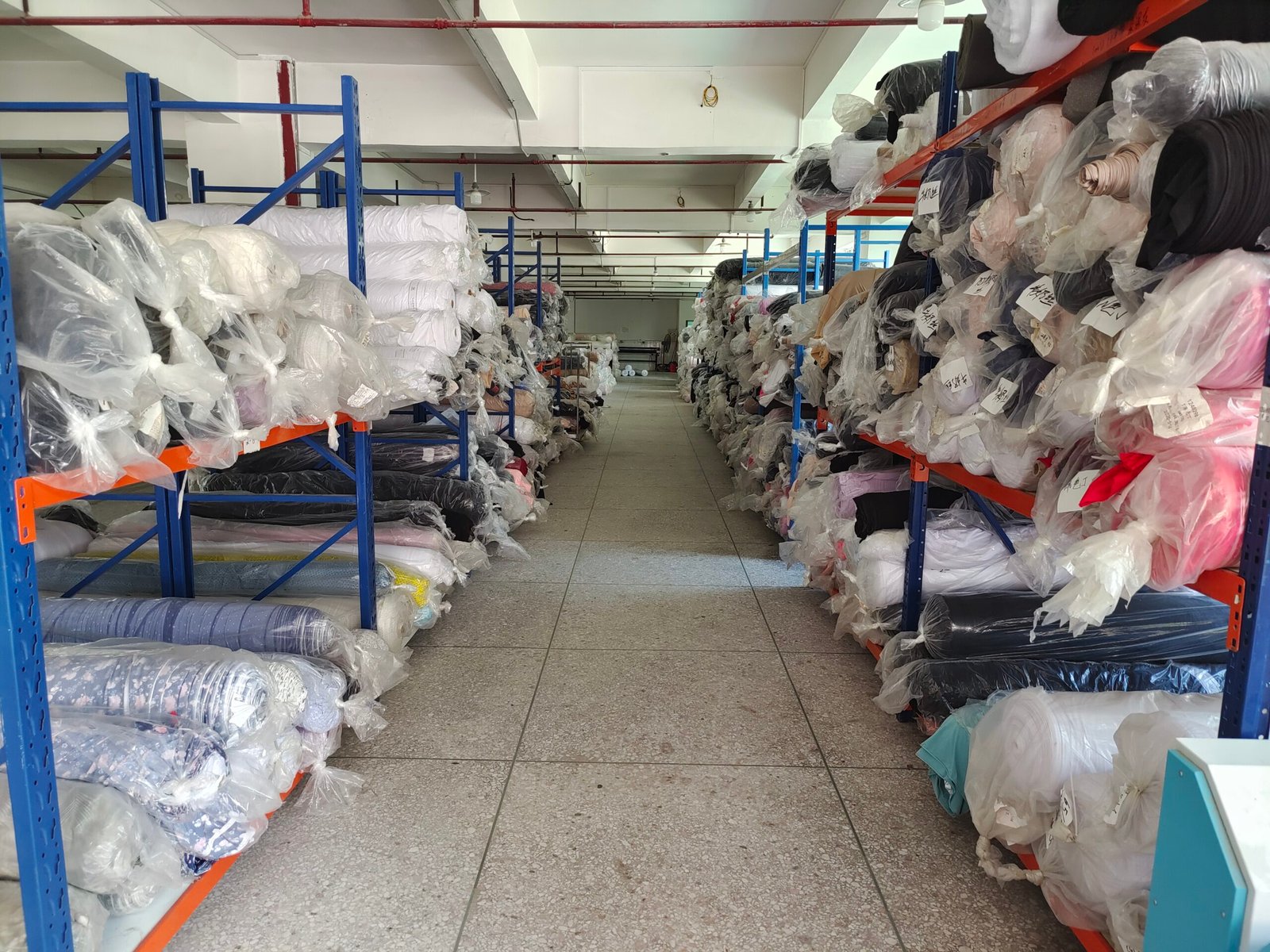
The number one mistake I see new brand owners make is choosing a supplier based only on the lowest price. This almost always ends badly. A client recently came to us after their a previous supplier delivered a full shipment of bras where the color did not match the approved sample at all. It was a complete loss. To avoid this, you must be disciplined in your vetting process. First, always get a sample. It is your only physical proof of their ability. Second, verify their claims. Many buyers face the pain point of fake certificates. A reliable factory will be proud to show you their valid ISO 9001 or OEKO-TEX® certificates and will be ready for a BSCI audit. Third, pay close attention to communication. If it takes them a week to answer a simple question during the sales process, imagine the delays you will face when there is a real production problem. Responsive communication is a sign of a professional and well-organized operation.
What Key Factors Separate a Good Supplier from a Great One?
Is your current supplier just an order-taker? If they only do what you ask and offer no new ideas, your brand can become stuck and unable to innovate.
A great supplier acts as a strategic partner. They proactively offer advice on new fabrics and techniques. They provide real flexibility in customization and invest in technology to improve your product. They help you grow.
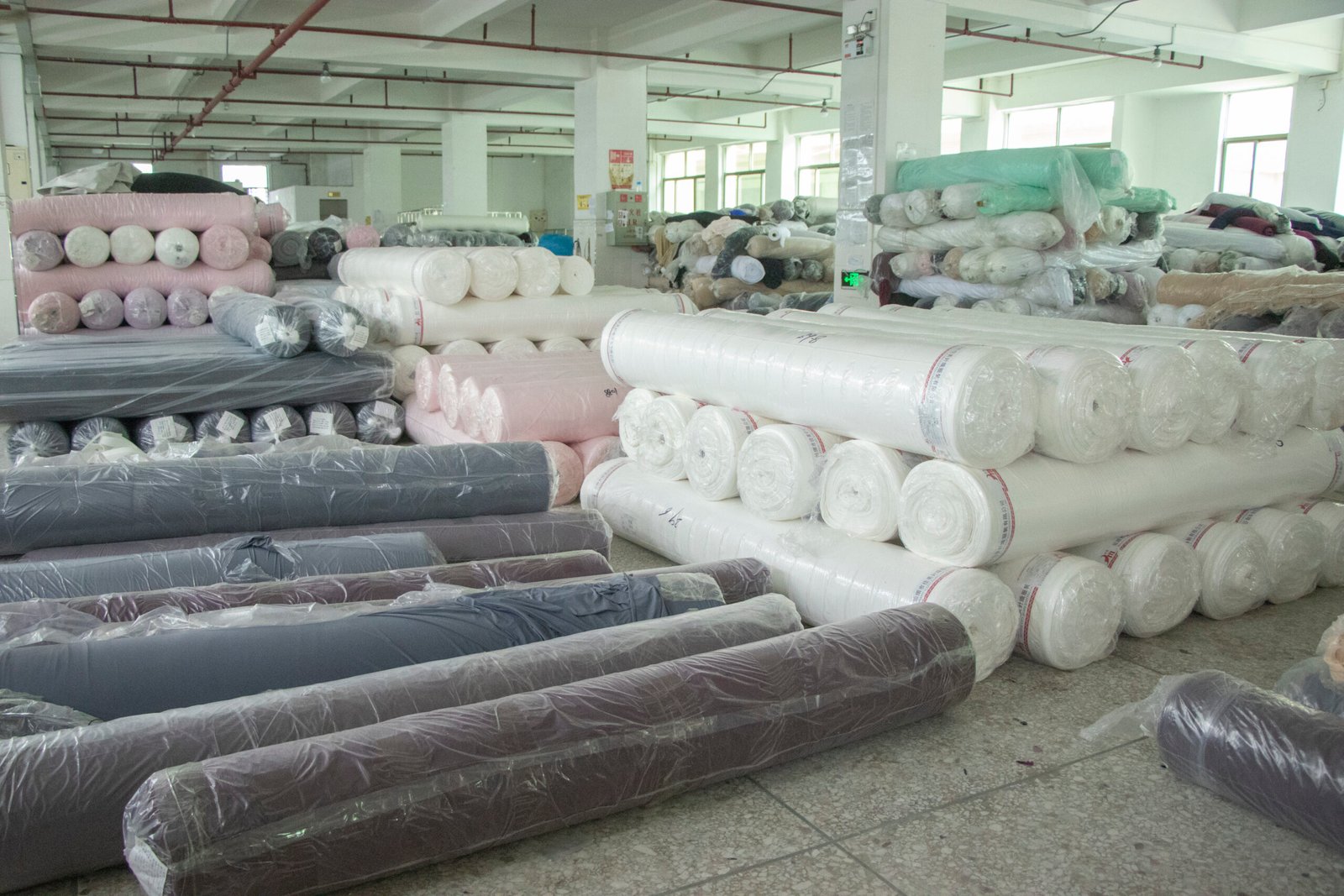
A good supplier will manufacture your product correctly. A great supplier will help you make your product better. This is the key difference. A great partner is invested in your success because it leads to their success. At Xiesheng, this is our philosophy. We offer a one-stop service, helping clients from the initial design idea, through fabric sourcing, and all the way to prototyping and bulk production. We go beyond just manufacturing. We advise our clients on market trends we see from our work with brands across the globe. Our key advantage is offering high customization with a flexible MOQ of 300-500 pieces. This allows brands to test new ideas without a huge financial risk. A great supplier gives you a competitive advantage, whether it's through unique adhesive bonding techniques, special seamless designs, or sourcing a new sustainable fabric just for you.
| Supplier Type | Their Action | The Result for Your Brand |
|---|---|---|
| A Good Supplier | Fulfills your tech pack exactly as written. | You get the product you designed. |
| A Great Supplier | Suggests a better fabric or construction method. | You get a superior product and a competitive edge. |
How Can You Build Long-Term Partnerships in the Undergarment Industry?
Are you constantly switching suppliers? This non-stop search wastes time and energy, and the inconsistency hurts your product quality and your brand's stability over time.
Build long-term partnerships through transparent communication, fair negotiation, and mutual respect. Pay your invoices on time, provide clear and constructive feedback, and treat the relationship as a two-way street. This builds trust.
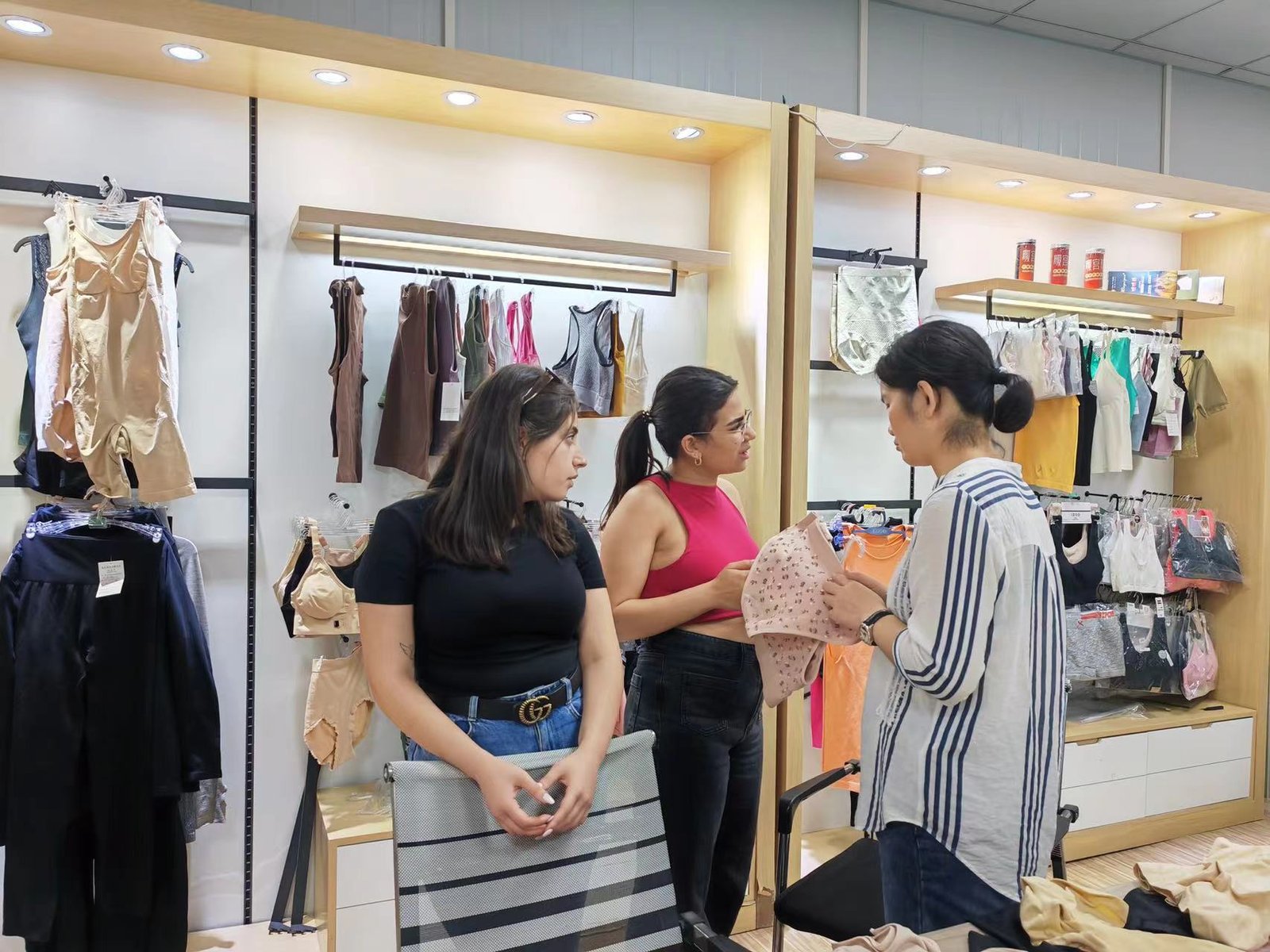
The best business relationships are partnerships, not just transactions. As a manufacturer, I want to work with clients for years and help them grow. To build that kind of relationship, trust has to go both ways. While you are evaluating us, we are also evaluating you as a potential partner. The best clients we have are organized and communicative. They provide excellent feedback. Instead of saying "I don't like it," they say, "The strap elasticity is too weak; let's try a stronger option." This kind of clear, constructive feedback helps us improve the product quickly. Paying your deposits and balances on time is also critical. It shows respect for our business and allows us to pay our own workers and fabric suppliers on time. When a client is reliable, professional, and fair, we will always go the extra mile for them. They become a priority. That is how a simple buying relationship evolves into a powerful long-term partnership.
Why Can Your Supplier Make or Break Your Brand’s Reputation?
Have you worked for years to build your brand image? One bad shipment due to poor quality or unethical production can destroy your customers' trust in a single day.
Your supplier directly controls your product's quality, your brand's ethical claims, and your delivery promises. A failure in any of these areas reflects directly on you. A great supplier protects your reputation by delivering a consistently excellent product.
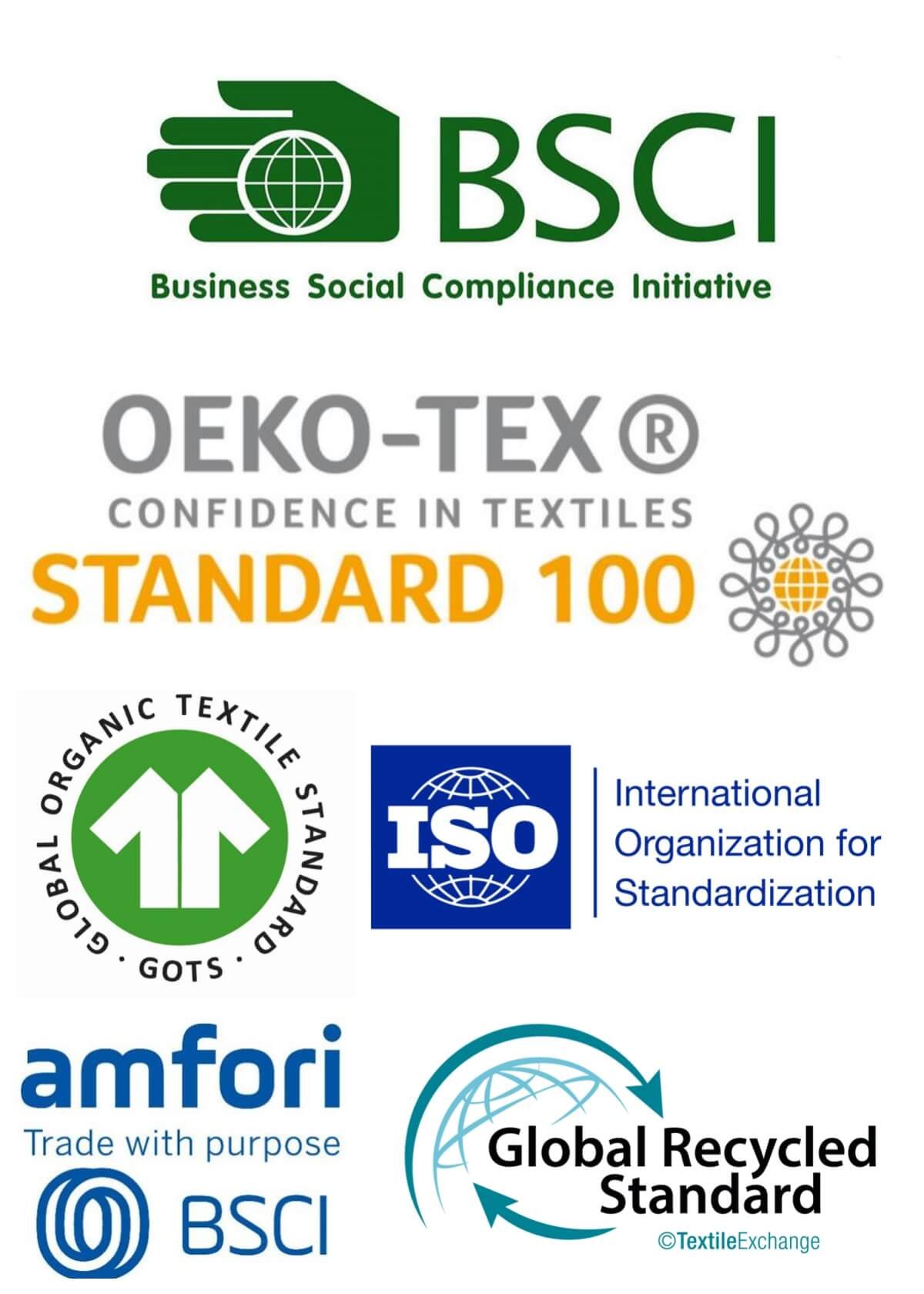
Your customer will never know my factory's name. They will only know your brand. When they receive their product, that garment is your brand's promise in their hands. If the stitching is poor, a wire pokes through, or the fabric feels cheap, they won't blame the factory. They will blame your brand, and they probably won't buy from you again. This is why your choice of supplier is so critical. It's about protecting your reputation. Today, this goes beyond just product quality. Customers, especially in North America and Europe, care deeply about ethical production. Our factory is BSCI audit-ready, which means we uphold social compliance standards. Our OEKO-TEX® certified fabrics mean our products are safe for the skin. These are not just line items on a checklist. They are essential parts of a modern brand's story. Your supplier isn't just making your products; they are shaping your reputation with every stitch.
Conclusion
Choosing the right supplier is the most critical strategic decision for your brand. Find a reliable partner who offers consistent quality, flexibility, and the expertise to help you succeed long-term.

